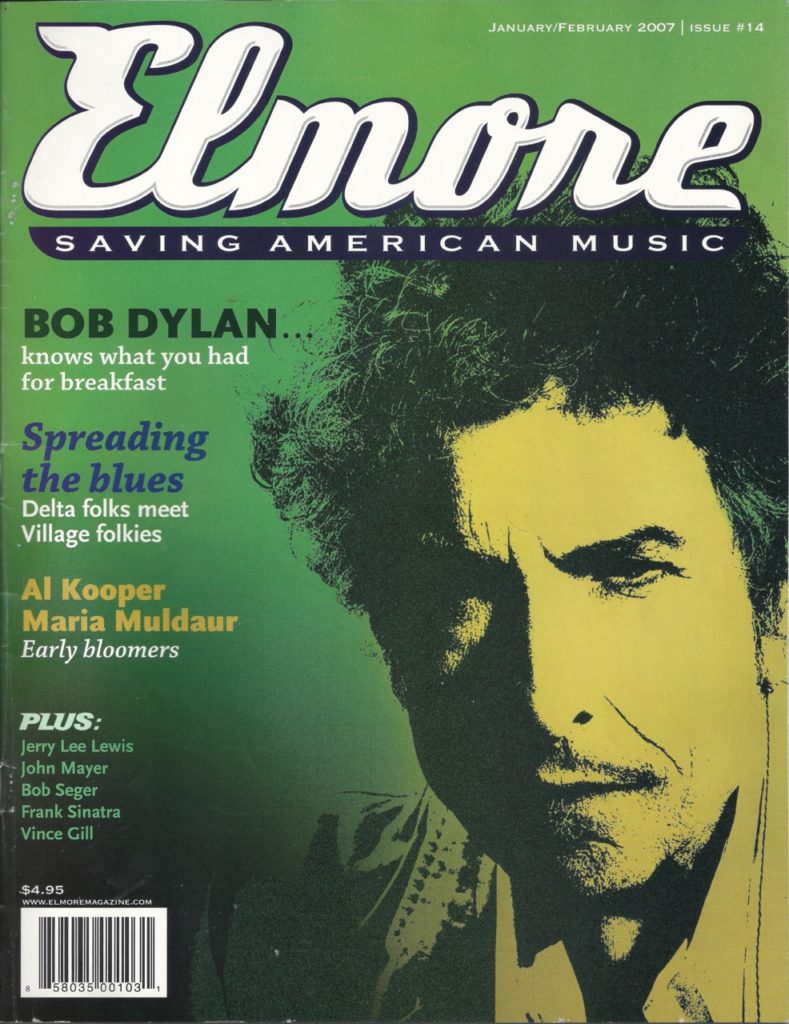 As I read the news that music’s greatest bard, Bob Dylan, became the first musician to win a Nobel Prize in any category, a lyric from “Positively 4th Street” popped into my brain.
As I read the news that music’s greatest bard, Bob Dylan, became the first musician to win a Nobel Prize in any category, a lyric from “Positively 4th Street” popped into my brain.
I wish that for just one time you could stand inside my shoes
And just for that one moment I could be you
I wish I could have been in the same room with the heads determining the nominees and rationalizing why Dylan should take the honor above, say, a Don DeLillo or Philip Roth. It’s a well and much-deserved accolade for Dylan, currently in his sixth decade of composing and performing. I have to laugh though, because for every prophetic lyric he’s devised (“You better start swimming or you’ll sink like a stone for the times they are a changin’”), there’s a humorous one (“Johnny’s in the basement mixing up the medicine”).
Either way, Dylan is the epitome of poetry, as made clear by the Swedish Academy. Now comes the shameful part to admit on my end – out of his nearly 50 studio and live albums, I own four – about eight percent of the catalogue. What’s even sadder is that they don’t even include classics like Bringing It All Back Home, Highway 61 Revisited or Blonde on Blonde. Sure, I have Blood on the Tracks and The Basement Tapes, but that gives me a coolness factor of, what, three out of ten at best?
Here’s the biggest irony of all. I love virtually every Dylan disciple in the realms of popular music: Bruce Springsteen, Leonard Cohen, Elvis Costello, Tom Waits, Mark Knopfler and on and on. For each of these artists I own anywhere from six to 16 albums. While I acknowledge they owe their respective careers to Dylan, indirectly or otherwise, the bottom line is I now have some serious listening to do.
I know one thing for certain. I thoroughly enjoy Dylan’s Nashville Skyline album of 1969 – it’s folk filtered through a countrified Hank Williams sensibility for the Woodstock generation. As of writing this, it’s the one Dylan album I can put on repeat. You may not like my answers why: it’s 27 minutes in length (shorter than most Simon & Garfunkel albums of the day); its cover shows Dylan smiling instead of his usual look of indifference; and the album’s biggest track, “Lay Lady Lay” was written for one of my all-time favorite films, Midnight Cowboy.
Also, there’s a different tone to Dylan’s nasally voice. On this album, it’s as if he’s using a different voice completely – a near croon that’s nothing but pleasing to the ears. Listen to album opener “Girl From the North Country,” a classic Dylan track redone with Johnny Cash. Where Cash sings low, Dylan goes higher until they meet in the middle at song’s end.
What also makes the album a standout is it was released only two days after Leonard Cohen’s second studio work, Songs From a Room. Both albums came out on the Columbia label, were recorded in Nashville and were produced by Bob Johnston. After the success of his debut, Cohen went sparser – forgoing instrumentation in favor of a more somber sound full of country ideals. “Bird on a Wire,” “The Partisan” and “You Know Who I Am,” could hold as much merit in a honky tonk as they could in a folk club. Dylan had no shame in going country – he would revel in his new sound, enter his Self Portrait phase and hook up with a group of musicians who would soon call themselves the Band.
Nashville Skyline and Songs From a Room are one of music’s better yin-yangs of the era. I recently read a great profile of Cohen written by the New Yorker’s David Remnick, recounting a conversation between the two legends. An unspecified songwriter told Dylan, “OK, Bob, you’re Number 1, but I’m Number 2.” Dylan would then refer to Cohen as “Number 1,” with Dylan designating himself “Number Zero,” meaning, as Cohen describes, “that his work was beyond measure and my work was pretty good.”
It’s hard to argue that logic as Dylan accepts his Nobel Prize for Literature. Cohen has the capacity to win Grammys, Kennedy Center honors and the Presidential Medal of Freedom, but at this point he won’t be able to do what Dylan has accomplished – rip apart the guidelines of creativity so all his musical disciples have a shot at reaching this apex of achievement.
-Ira Kantor
Dig the column? Reach out to Ira via email at ikantor84@gmail.com or on Twitter at @ira_kantor







Be the first to comment!